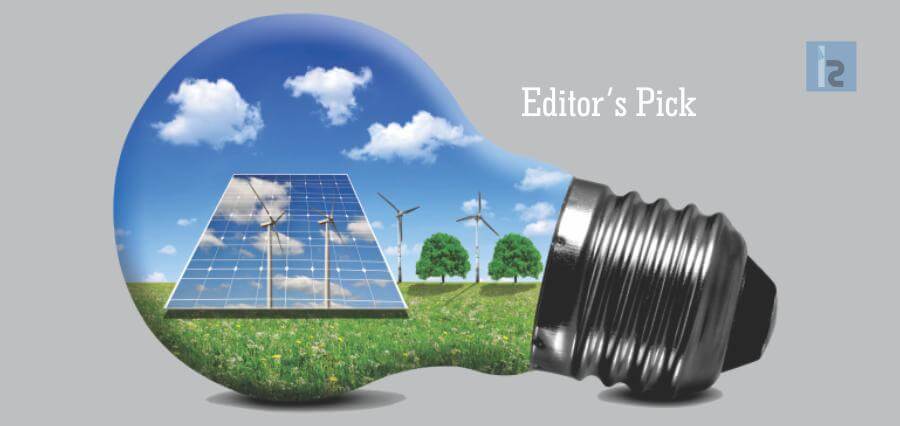Historically, energy has been the cause of numerous conflicts. Access to petrol has generated deadly wars and a split between producer and consumer countries, incarnated since the past three decades by the rival organizations. There is no such global organization as far as nuclear energy is concerned.
Founded on 26th January 2009 in Germany, the International Renewable Energy Agency (IRENA) is a real breakthrough. IRENA is the agency of reconciliation of all countries to form a sacred union for a global fight; the transition to clean energy. Majority of the nations have joined the movement and have reached a consensus to minimize the usage of fossil fuels. This has occurred at a time when the IPCC, presided by an eminent Indian renowned scientist has launched works that will conclude with the publication of a report on renewable energy within a year.
Today, renewable energy represents 18 percent of global energy consumption. This is mainly constituted of traditional biomass; women in developing countries who use wood for cooking and hydraulic energy. But other forms of renewable energy, such as wind and solar energy, have witnessed very strong growth rates, which is more than twenty percent per year over the last decade for the former, and an even higher growth rate for the latter. Some companies have even started developing wind energy plans for households.
As renewable energy is the only source of unlimited energy, it has the potential to meet the needs of 10 billion human beings that we shall number in 2050. Therefore, renewable energy is a paramount solution for fighting the climate change. The potential of renewable energy is not only immense but also well distributed, unlike fossil fuels; let us not forget that 65 percent of oil is concentrated in the Middle East. Be it the sun, the wind, rivers, the sea, the heat of the earth, the forest and agricultural and industrial residues, each country on Earth has resources.
India is the founder-member of IRENA and it is the only country in the world to have a ministry dedicated to renewable energy and the potential is immense. Electricity from renewable energy already accounts for 9 percent of installed capacity. Globally, India is the 5th largest producer of wind energy; national champions, such as Suzlon, have been created and the resources are far from having been completely exploited. Today, exploiting the potential of solar energy – “Solar India” constitutes the next challenge. India’s ambitious solar energy plan, which targets a 20 GW capacity by 2020, is indeed pleasing to all. New norms and regulations will be incorporated in it. Well gauged and effective, they could serve as an example for other countries.
With all the member-States, IRENA will work with hand in hand to develop renewable energy. Together, it is necessary to pool expertise for laying down the most effective regulations, which will help increase the share of renewable energy. On the other hand, it is equally important to interconnect research centers in the world and create a global database so that each country may be aware of the resources at its disposal. There is also a need to invent new products so as to render solar technology accessible to the poorest and finance exemplary cooperation projects and meet the vast existing training needs.
However, it is imperative for people to accomplish a Copernican revolution together. For years we have been living with a centralized energy system and we will now move towards a decentralized system wherein there will be numerous production sources. We are used to a rigid, non-communicating electricity network, which should instead be made flexible and intelligent. We had thought that electricity could not be stocked; tomorrow the batteries of millions of electric vehicles will drastically reduce the need for large stocking capacity. Hence, the energy transformation will also be that of a change in mindset.


